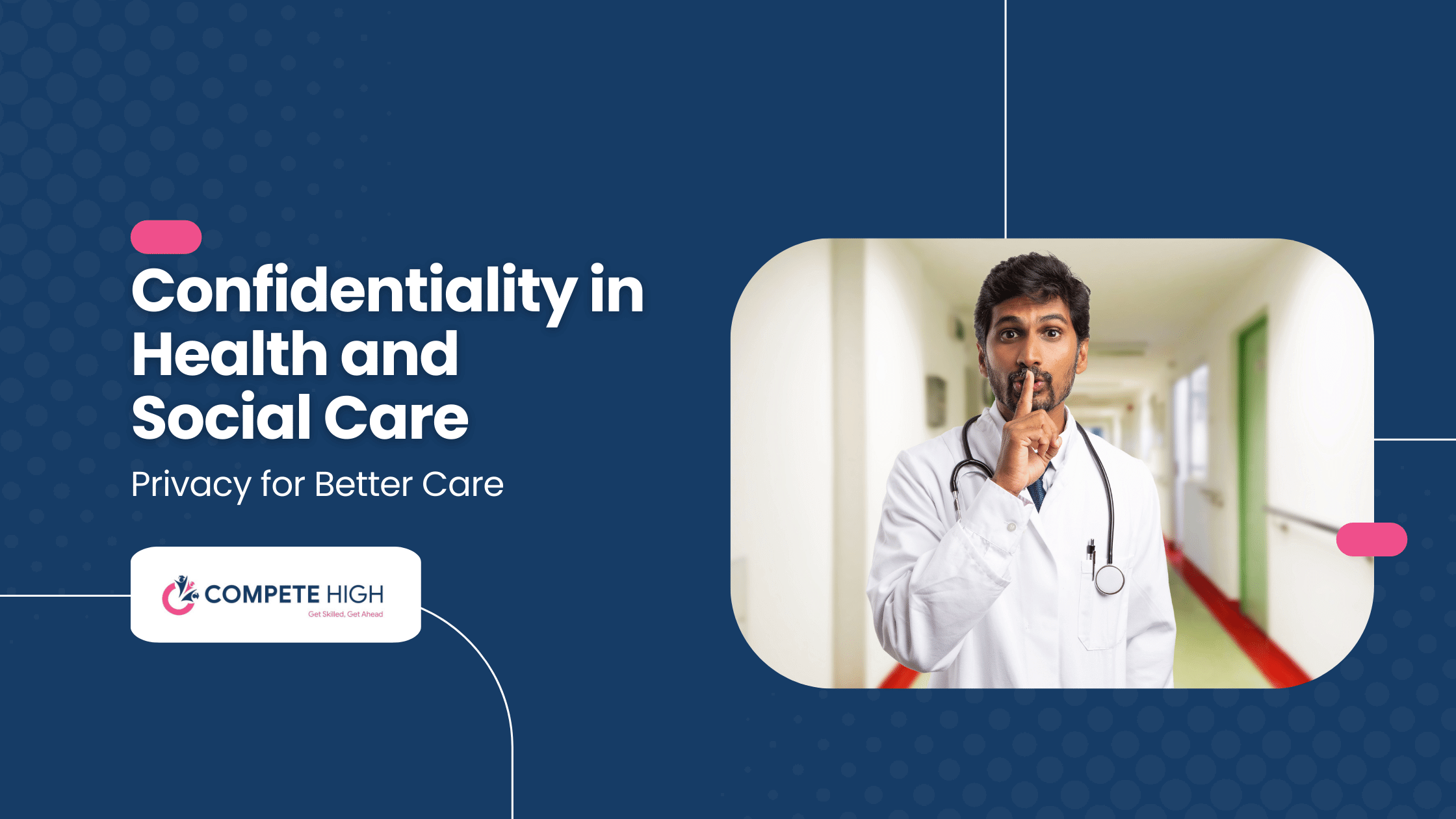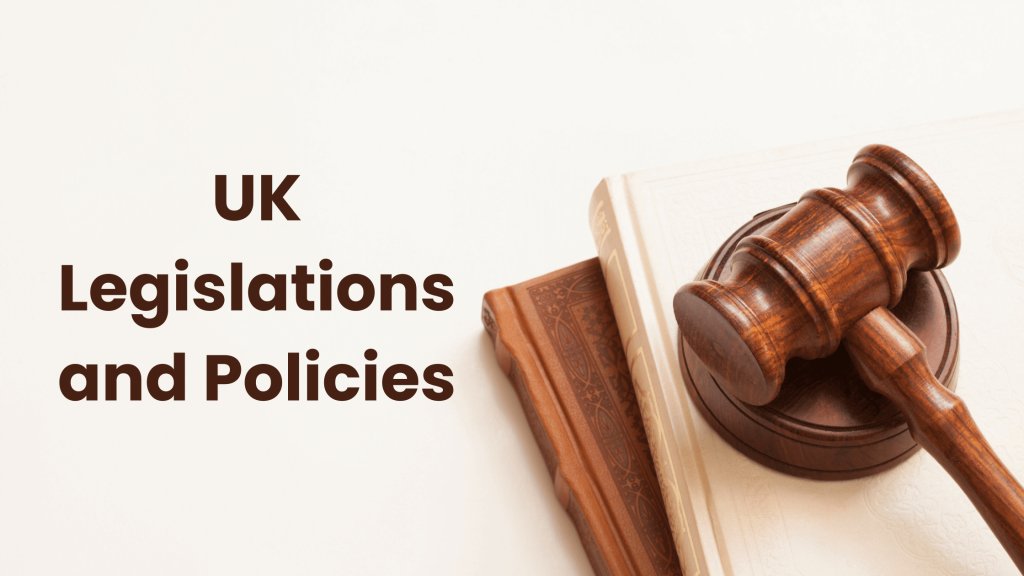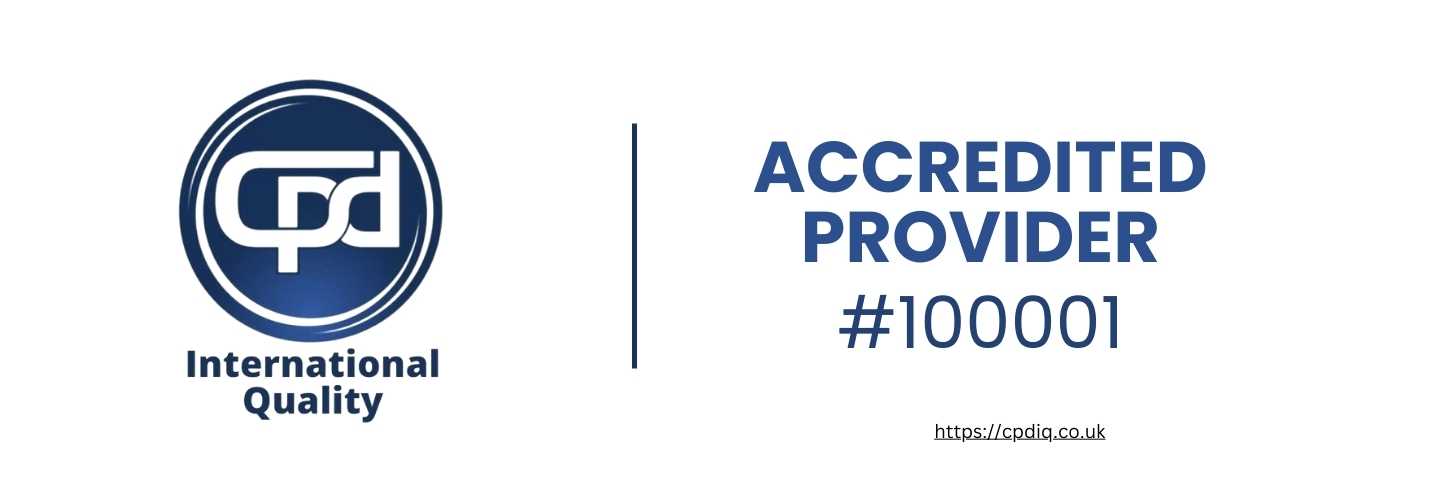
Everyone has the right to have privacy and confidentiality in their personal information. Everyone also deserves to be treated with respect regarding this.
In health and social care, confidentiality is even more important. Remaining confidential is an integral part of working within this sector. You must ensure the legal rights of privacy of your patients and clients.
What is Confidentiality in Health and Social Care?
Confidentiality is the art of maintaining someone’s privacy. Confidentiality in health and social care basically has the same concept.
Confidentiality in health and social care denotes keeping one’s information private and respecting his/her wishes. It means professionals in this sector can not share someone’s information with others. Unless it is compulsory or permitted by the person.
In health and social care, professionals should maintain confidence between themselves and the patients. Confidentiality is fundamental to good care practice.
List of Information that Should Remain Confidential
Any sort of personal details and information of a person should be kept private. Among multiple data types, the ones below must remain confidential at any cost:
- Photos and files with personal details
- Any verbal details about themselves
- Previous health and clinical history
- Any audio or video which could violate confidentiality
- Any information that the patient hasn’t given consent to share
Sometimes sharing the details could be very important. At that moment, it should only be given to the person to whom the patient has given consent to share details. Otherwise, it could be shared with the patient’s closest relative.
Why is Confidentiality Important in Health and Social Care?

There are many reasons why confidentiality is considered vital in health and social care. It plays a crucial role in building strong relations with clients. Valuing one’s privacy secures a soft corner in the person’s heart. It also builds interpersonal trust.
Being confidential also improves the quality of the services. When a person gets the assurance of their information’s safety, they become more comfortable in sharing their details. It becomes easier for professionals to solve the problem with precise details.
Last, but not least, it is a legal duty to maintain confidentiality in health and social care. There are a bunch of confidentiality policies in health and social care. Any person related to this sector must abide by these policies.
5 Core Rules of Confidentiality in Health and Social Care

- Handling of Information:
Confidential information about service users or patients should be treated confidentially and respectfully.
Confidentiality should always remain in place to maintain a trust-based relationship. Treating personal details with confidentiality should be a priority.
Gossiping about one’s private details or sharing them privately should be considered unethical. If any professional is found guilty of disclosing information, legal actions should be taken against them.
- Breaking Confidentiality:
Members of a care team should share confidential information when it is needed, for the safe and effective care of an individual.
A professional can share the patient's private details with team members to provide effective and safe care. This team may include doctors, nurses and social workers.
However, it’s not always necessary to share the information with team members. So, being aware and knowing when to share is also important.
- Anonymising Information:
Information that is shared for the good of the community should be anonymised.
A patient’s condition or health details can benefit research works. These data can be used for the betterment of medical science and society.
In these kinds of situations, information can be shared. But, it should be done anonymously with the consent of the patient.
- Objection to Sharing Personal Information:
An individual’s right to object to the sharing of confidential information about them should be respected.
A service user has the full right to object to the use or exchange of their personal information. In such cases, the objection must be respected.
However, a professional can break the rule if it’s necessary to save the patient. The objection has to be overruled with a proper explanation.
- Organisation’s Responsibility:
Organisations should put policies, procedures, and systems in place to ensure that confidentiality rules are followed.
The organisation is accountable for maintaining confidentiality. They should implement proper rules to maintain confidentiality.
A client or patient should be assigned to a staff member who would be responsible for maintaining the patient’s confidentiality. The organisations should provide training for the professionals to ensure the process of confidentiality.
How to Maintain Confidentiality in Healthcare
Hopefully, we have already realised the importance of confidentiality in healthcare. In this section, we’ll learn about how to ensure confidentiality in healthcare.
The following steps will assist in ensuring confidentiality in healthcare.
- Learn about confidentiality
A healthcare professional should have proper knowledge of confidentiality. If one is well-informed about confidentiality it becomes much easier for them to follow.
- Share information when required
Sharing information about the patient is important to provide proper care. But we need to keep in mind that, we only share details when it’s necessary. Also, share with only those who need to know.
- Adequate training
Training on confidentiality is very helpful for healthcare professionals. Attending training on confidentiality will help to properly maintain confidentiality.
- Seek advice
Sometimes you could be confused about whether to share information or not. In such cases, ask your superior or authority for the best solutions.
- Digital security
Most of the information is stored digitally these days. These digital devices should be secured properly. Only authorised people should have access to these.
UK Legislations and Policies in Health and Social Care Confidentiality

There are several laws in the UK regarding confidentiality. Among them, the following 5 are the most important ones. They are-
- The Common Law of Confidentiality
- Human Rights Act 1998
- Care Act 2014
- Health and Social Care (Safety and Quality) Act 2015
- Data Protection Act 2018
1. The Common Law of Confidentiality
This law wasn't actually invented for health and social care. But it also covers this sector.
This law empowers people to speak up about their problems. It encourages people to share their problems without worrying about privacy.
2. The Human Rights Act 1998
This law allows everyone to keep their personal life private. Everyone has the right to keep their personal and family lives secret.
But this law can be broken if sharing information becomes mandatory.
3. The Care Act 2014
This law allows professionals to share details about the patient which puts the patient at risk. In this case, the professionals can share the data without any confusion.
This law was made to protect individuals. It states that, if any information is concerning the patient, the professionals can share it even without permission.
4. The Health and Social Care (Safety and Quality) Act 2015
This law gives professionals the right to discuss information with other professionals. Because many times the caregivers also require advice.
If any professional feels the necessity to disclose patient information for their betterment, he can do it without any hesitations.
5. The Data Protection Act 2018
The law was established for charities and organisations. All information collected by healthcare organisations is protected under this act.
According to this law, the collected information must be used in the following forms:
- Collect and use information in a fair and transparent way
- Collect details for legitimate purposes
- The information must be authentic and up-to-date
- Ensure the security of collected information
- Not to store data more than necessary
Exceptions: When to Break the Confidentiality in Health & Social Care

We have learned about the importance of confidentiality in this article till now. Now we'll learn about the exceptions when the information must be disclosed. In these cases, the acts and laws have to be overridden.
Scenario One
Information must be disclosed if it’s required for the safety of the client. If any details prove that the client is in danger, then the information must be disclosed.
For example, a babysitter takes care of a baby in the evening shift. One day she notices some marks on the baby’s body. The baby told her, the morning shift babysitter beat her every day. In this case, the information must be disclosed.
Scenario Two
Confidential information must be disclosed if the client is trying to harm the professional or someone else.
For example, a nurse is looking after a drug addict. She notices the person is going to drive the car after drinking alcohol. It can cause harm to a lot of people, and drinking and driving is illegal. So, the nurse must disclose the incident to the police in this case.
Scenario Three
If there is any legal pressure on the professional to disclose information, the professional should consult with their legal advisor first.
For example, a police officer is investigating a nurse about her patient's history. But the nurse isn’t sure whether she should share it or not without consent. In this case, she should consult her lawyer for legal advice.
Online Training for Health and Social Care Professionals
Healthcare professionals often know sensitive information about patients. Confidentiality is the foundation for building trust between them and the patients.
Health and social care training empowers professionals to maintain confidentiality properly. Enrol in our Health and Social care diploma. Empower yourself to make a meaningful impact on people’s lives.
Conclusion
Privacy is a human right of every person. Care workers work very closely with people’s lives. During this time, they learn a lot of sensitive information about the clients. Maintaining confidentiality is much more than a legal requirement.
It is every care worker’s duty to protect patient’s privacy and confidentiality. Following the confidentiality laws and keeping the 5 rules of confidentiality will help you to maintain proper confidentiality.
As a care worker, you have to try your best to respect others' privacy. Also, make sure, no one is harmed due to your negligence of maintaining confidentiality.










